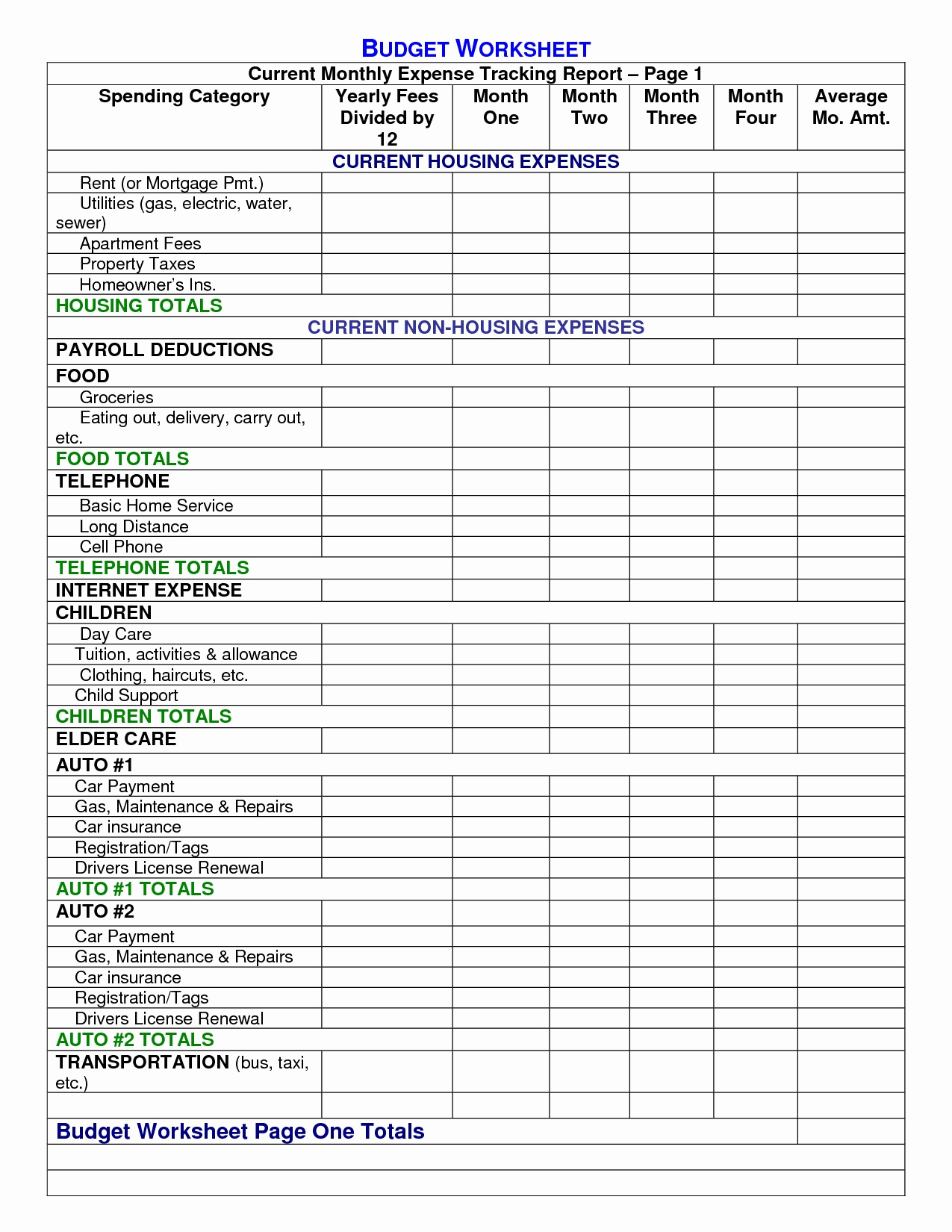
Then, share your conclusions with your underwriter to make sure everyone is speaking the same language.U.S. Think through your potential scenarios, consult your broker and a forensic accountant to explore what coverages and limits are best for your risks. You don’t want to find out how your coverage works during a claim or that you’ve been paying for coverage you don’t need. Understanding the different types of expense coverage and how they apply to your business is critical when buying insurance.
#EXPEDITING EXPENSES MEANING FULL#
If you will need to expedite repairs for other reasons, regardless of cost or time savings, you may need to get coverage that provides full reimbursement. To the extent that you can save the insurance company money by expediting, you are less likely to meet resistance. See also: Shouldn’t Your Insurance Coverage Become More Than An Expense?Īgain it is important to understand how you might incur these loss related expenses when placing coverage. Modern all risk policies will include expediting expense as a part of expense to reduce loss or extra expense coverage. The need for expediting expense coverage came from a time when boiler and machinery coverage applied to specific objects written on separate policies. “…expenses of temporary repairs and costs incurred to speed up the permanent repair or replacement of covered property or equipment.” Per the International Risk Management Institute (IRMI) expediting expenses are defined as: If business income is not at risk or can be avoided entirely with extra expenses, extra expense coverage may be the way to go.Īnother category of coverage that gets confused with extra expense is expediting expense. If the only extra expenses that are foreseen would be to reduce a greater business income loss, then it might not be necessary to purchase the additional coverage. Quantification and documentation of extra expense exposures depends on the types of expenses and the scenarios envisioned. The distinction between “extra expense” and “expense to reduce loss” is important when you are placing coverage. If only extra expense coverage was purchased, the manufacturer could recover the extra expenses but not any lost sales. Any sales that were lost could still be recovered as well. In this case, extra expense coverage in excess of the business income would not be necessary since the extra expenses reduced the business income loss. Is this a business income loss, extra expense loss or both? The extra labor costs enables the insured to maintain some production that reduces lost sales. Despite damaged machinery, they manage to resume operations in the facility by performing work manually with more than normal labor.

See also: The Most Effective Insurance PolicyĬonsider this scenario: A manufacturer is shut down because of a covered cause of loss.


This is true, but there is another kind of “extra expense” that is included as part of your business income - this is commonly known as “expense to reduce loss.” These expenses meet the definition of extra expense, but they are incurred to reduce the duration or magnitude of the business income loss. Extra expense coverage can be purchased in addition to or instead of business income coverage, depending on the needs of the organization.” “…additional costs in excess of normal operating expenses that an organization incurs to continue operations while its property is being repaired or replaced after having been damaged by a covered cause of loss. Per the International Risk Management Institute (IRMI), extra expenses are defined as: To ensure you are buying the right coverage for your risks, it’s important to understand the details and the differences. Though it sounds straight forward, within a property claim these expenses require different types of measurement, documentation and coverage. The words themselves seem pretty self-explanatory a policyholder spends extra money due to an occurrence and submits the expenses as part of the claim. Truly, there are some complicated risks that insurance covers, but even the simple ones seem to be made complicated by the language used. I am not sure why policy language has to be so confusing.


 0 kommentar(er)
0 kommentar(er)
